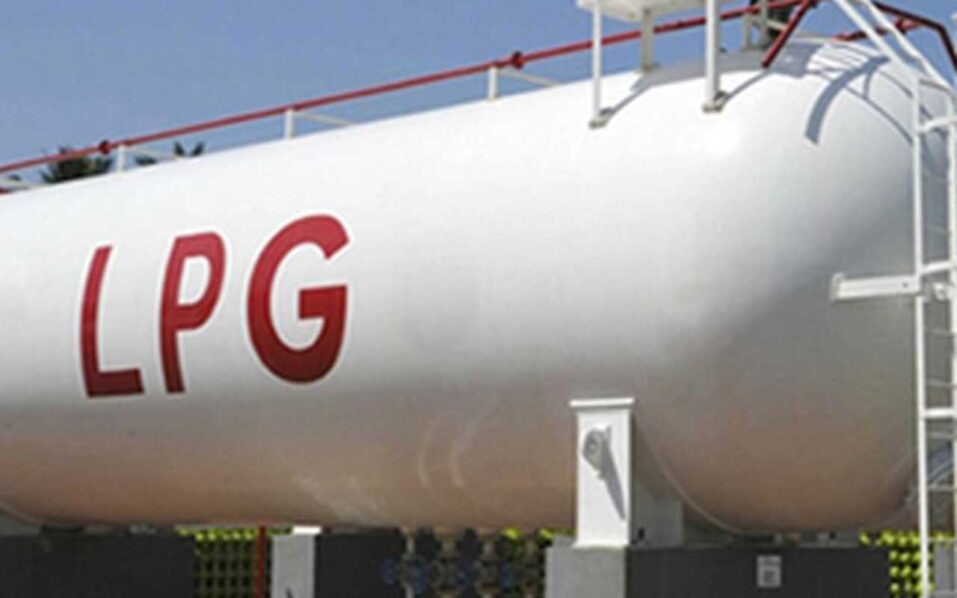
Africa’s reliance on Liquefied Petroleum Gas (LPG) importation despite being a significant gas exporter highlights a critical infrastructural mismatch on the continent, the African Refiners and Distributors Association (ARDA) has said.
The Executive Secretary of ARDA, AniborKragha, in a presentation, pointed out that insufficient infrastructure prevents many African nations from leveraging local LPG production, thus making importation a more convenient option.
“Most LPG and gas vessels from Nigeria cannot deliver products to other African countries due to infrastructure constraints. This forces these nations to rely on imports, even when local resources are abundant,” Kragha said.
Africa’s LPG market faces hurdles, including limited storage facilities, outdated pipelines, and underdeveloped distribution networks. These constraints hinder the efficient transportation of LPG within the continent, even as countries like Nigeria export gas internationally. With this challenge, affordable cooking gas remains a mirage in the face of deforestation due to the falling of wood for cooking.
Kragha emphasised that the practice is not due to a lack of resources, but inadequate investment in facilities that support regional trade.
For example, Nigeria’s Bonny terminal exports LPG globally, but many African nations lack the port infrastructure to receive the shipments.
“Infrastructure mismatches mean that exporting gas to non-African countries is easier than trading it within the continent,” Kragha noted.
Improving Africa’s energy infrastructure could enhance regional energy security and reduce dependence on imports. Countries like Angola are already taking steps in this direction. Angola’s investments in the Lobito Corridor aim to connect its energy resources to neighbouring countries such as Zambia and the Democratic Republic of Congo, facilitating regional trade and improving access to LPG.
“They’re not just focusing on self-sufficiency for Angola but on ensuring energy security for the broader region,” Kragha said.
He believes that the newly formed Africa Energy Bank has committed to addressing inland distribution challenges by funding intra-African pipeline projects.
LPG is considered a critical bridge in Africa’s energy transition, offering a cleaner alternative to biomass for cooking. However, accessibility and affordability remain barriers.
Secretary-General of the African Petroleum Producers’ Organisation, Omar Farouk Ibrahim, argued that addressing these challenges requires policies that prioritise regional self-reliance.
Farouk Ibrahim pointed to Europe’s expanding ‘carbon border adjustment mechanism’, which taxes imports based on their carbon footprint, as a potential turning point for Africa.
“Europe’s protectionist policies could push Africa toward creating more resilient domestic energy systems,” he said.
To reduce reliance on imports, some experts advocate the development of regional refining hubs. However, this strategy is not without controversy.
For instance, the Republic of Congo heavily subsidizes its state-owned CORAF refinery to secure domestic energy supplies, while Ghana continues to maintain the outdatedTema refinery. Critics argue that these efforts to protect local refineries divert funds from more sustainable investments in regional infrastructure.
Kragha highlighted the need for scale to remain competitive in global energy markets. “Producing at scale in regional hubs would help Africa address its energy needs more efficiently, but achieving this requires collaboration and political will,” he said.
Africa’s ability to meet its growing energy demands and transition to cleaner fuels depends on significant investment in infrastructure and policy alignment, the stakeholders noted.
Earlier at the African Energy Week, these experts had emphasised that harmonized standards, such as adopting “Africa-6” (10 ppm sulfur content) and building robust LPG distribution networks could enable the continent to fully capitalize on its resources to fast-track its development.
As global energy markets evolve, Africa’s focus, they said, must shift toward creating a self-reliant energy ecosystem that prioritises intra-African trade over exports, ensuring that the continent’s vast natural resources benefit its people.






